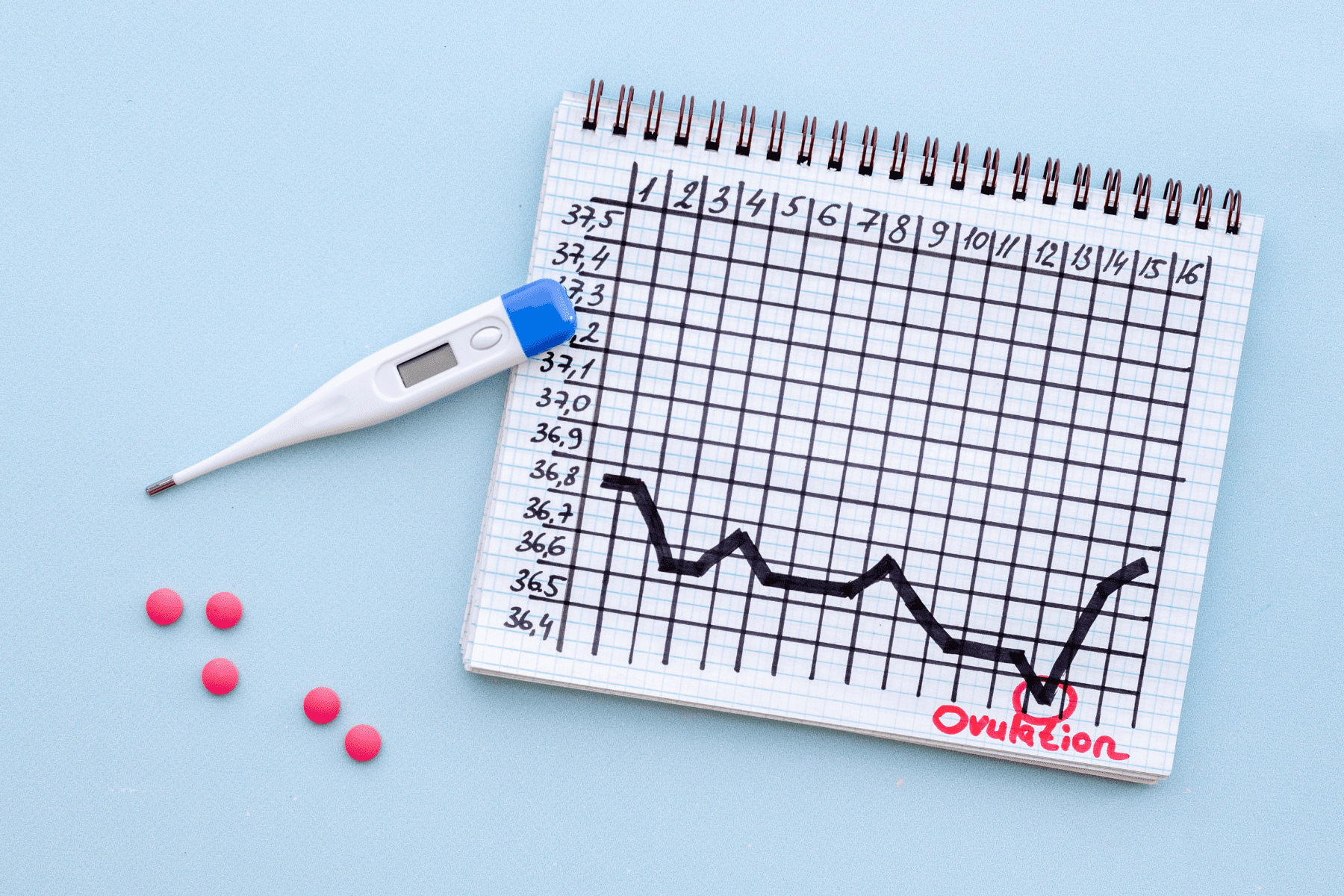Many female patients wonder just how we evaluate their fertility. A comprehensive medical evaluation and physical exam help the physician understand the patient on an introductory level. However, the biggest fertility findings are discovered with hormonal testing and a vaginal ultrasound. This testing is often covered by insurance or offered at a low cost (or free) that is much cheaper than the combined cost of several over the counter tests.
Vaginal ultrasound
A vaginal ultrasound to evaluates the reproductive organs (ovaries, uterus, cervix and fallopian tubes). During an ultrasound examination, a healthcare provider will take measurements of the uterus and look for abnormalities such as thin or thick uterine lining, suspicious polyps, or the presence of fibroids. Ovaries will be evaluated for cysts, volume, and an antral follicle count (AFC). A saline-infused sonogram with a 3D ultrasound can help evaluate whether the fallopian tubes are open and further assess the uterine cavity.
Blood tests
Female patients will also complete blood tests to evaluate their ovarian reserve and hormones:
Anti-Mullerian Hormone (AMH)
AMH is a hormonal indicator of egg supply. This blood test can be done any day of the month as AMH levels do not fluctuate very much over the course of a menstrual cycle. When AMH levels are normal, it indicates a strong egg supply. Low AMH can indicate a low ovarian reserve. High AMH can indicate the possibility of Polycystic Ovarian Syndrome (PCOS).
“Day 3” Follicle Stimulating Hormone (FSH)
This blood test measures ovarian function which is an indicator for fertility potential. This hormone is released from the brain and stimulates the ovary to grow eggs. FSH levels increase as your supply of eggs decreases. This blood test can be done between day 2 and day 4 of your menstrual cycle. A high FSH level may indicate a declining/low egg supply or the onset of menopause. A low FSH may sometimes be seen as a reason for lack of ovulation and amenorrhea (no periods).
Estradiol
The levels of the hormone Estradiol helps to validate the FSH level, further confirming ovarian function and fertility potential. The best time to have these tests performed is between day 2 and 4 of the menstrual cycle.
Luteinizing Hormone (LH)
A rise in LH indicates that ovulation is occurring. Testing for this hormone during your cycle may evaluate whether this hormone is present to trigger ovulation.
Based on outcomes, additional testing may be recommended
Genetic testing
Completing genetic testing can uncover whether you are a carrier of genetic disease or currently have a genetic disease that could impact fertility potential. This test can be done through a blood test or even through the collection of saliva. If genetic abnormalities are present, patients may choose to pursue genetic testing (PGT-A or PGT-M) of embryos to prevent genetic issues from being passed down.
Testosterone
Higher levels of testosterone in a woman can indicate the presence of a medical issue such as PCOS, which can impact ovulation. Male patients with abnormal testosterone levels may also experience issues with sperm production.
Prolactin
This hormone is released from your brain. Abnormal prolactin levels can cause fertility issues for women (and men too). If the female patient is experiencing irregular or no periods, breast tenderness or breast milk discharge, a reproductive endocrinologist will order a test to assess prolactin levels.
Thyroid-Stimulating Hormone (TSH)
A thyroid that is overactive or underactive can cause fertility issues, irregular ovulation, and inconsistent monthly periods. TSH levels that are off can also cause additional hormone imbalances, such as imbalanced prolactin levels.
When to skip tests and seek medical guidance
If a female patient has irregular periods or has been diagnosed with or suspects she has PCOS, endometriosis, fibroids, ovulatory disorders, damage or blockage of the fallopian tubes, or has undergone any cancer treatment, make an appointment with a doctor right away.
Sorry, no medical team available right now!






